A “healthy” media diet of reliable, fact-checked and well-sourced news is essential for people to form opinions, and for democracies to work properly.
Media education helps people to understand journalism and provides vital tools for tackling disinformation.
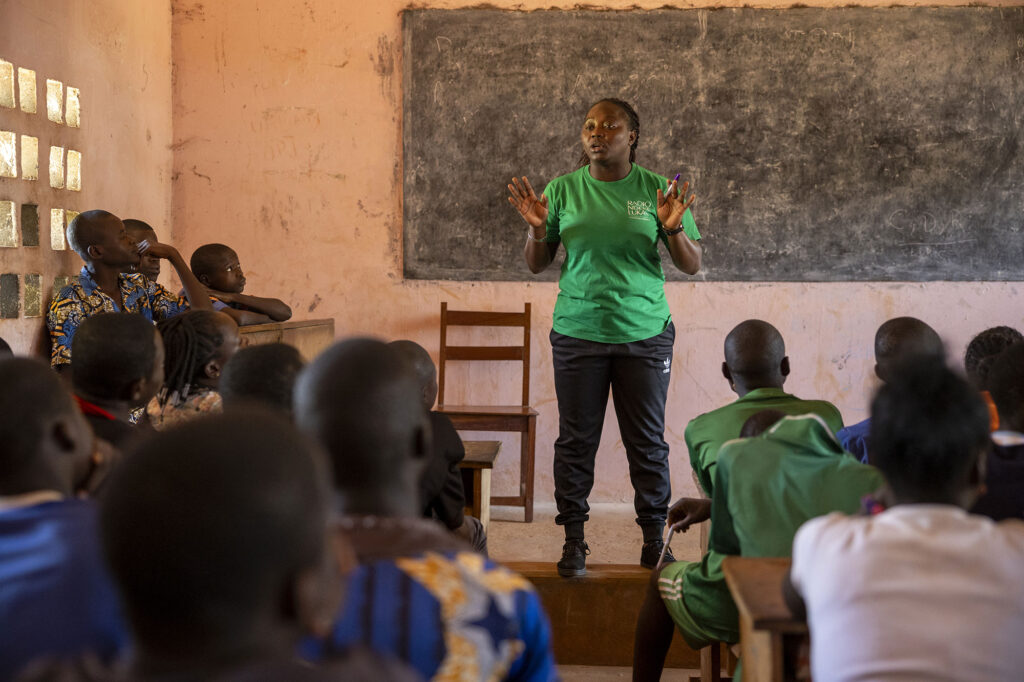
Since its creation, Fondation Hirondelle has been countering rumour and the lack of information with facts and testimonials. We are committed to building links and trust with our audiences by acting locally and taking a journalistic approach. However, in ever more diverse and complex media landscapes, simply providing information is no longer enough. It is also necessary to explain how general interest media works, and to respond to questions from users.
This transparency strengthens people’s ability to think critically, enabling them to compare the media options around them and select those which they find the most useful.
Media education is delivered through three types of activity:
- Dedicated programmes and content on our airwaves and online, developed in response to listener questions and explaining journalism techniques and how news is created.
- Talks in schools and universities about working with information and the need for a critical approach to disinformation.
- Public meetings that can be attended by hundreds of people, where radio journalists can meet audiences and answer questions.
Examples of media education activities
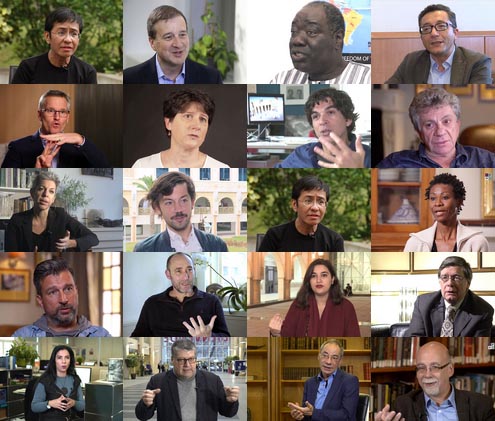
Journalism Masterclasses
Through 300 questions addressed in 30 videos of 12–18 minutes each (representing 6 hours of filmed interviews with subtitles in English and French) available to journalism students and anyone interested in how the media works, Fondation Hirondelle covers around 30 topics with the help of experts in each area. Masterclass topics include reporting; how news is created; the media economy; fake news and how to counter it; working with sources; journalists’ rights and obligations; and the future of the press.
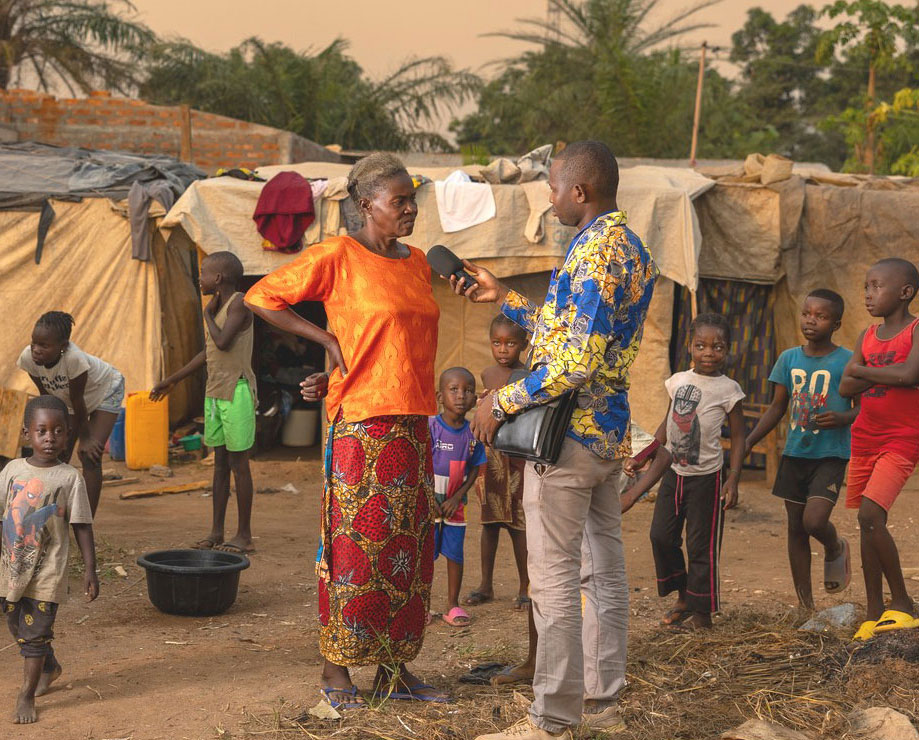
Central African Republic
Radio Ndeke Luka runs local awareness-raising initiatives in towns and villages in the field which are linked to programmes broadcast by the station. In this way, Radio Ndeke Luka helps to strengthen communities’ resilience and critical approach to disinformation, as well as encourage healthy media consumption while fostering fact-based public discourse.
Learn more about the project
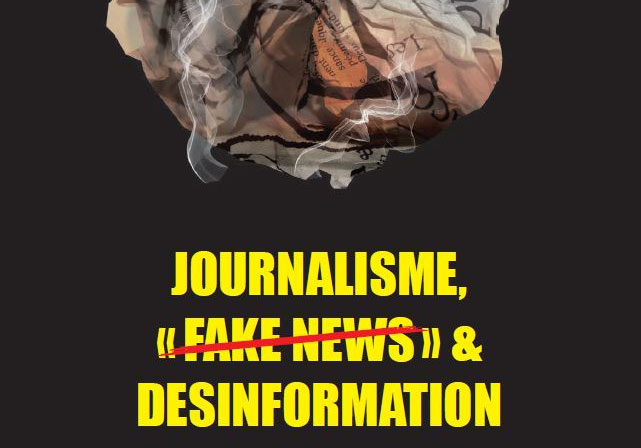
Training Manual
Fondation Hirondelle partnered with UNESCO to publish the French version of a manual for journalists and the wider public to learn how to recognise and counter disinformation. Distributed to journalism schools and editorial teams in the countries where we work, this guide is a practical resource that also covers theoretical basics.
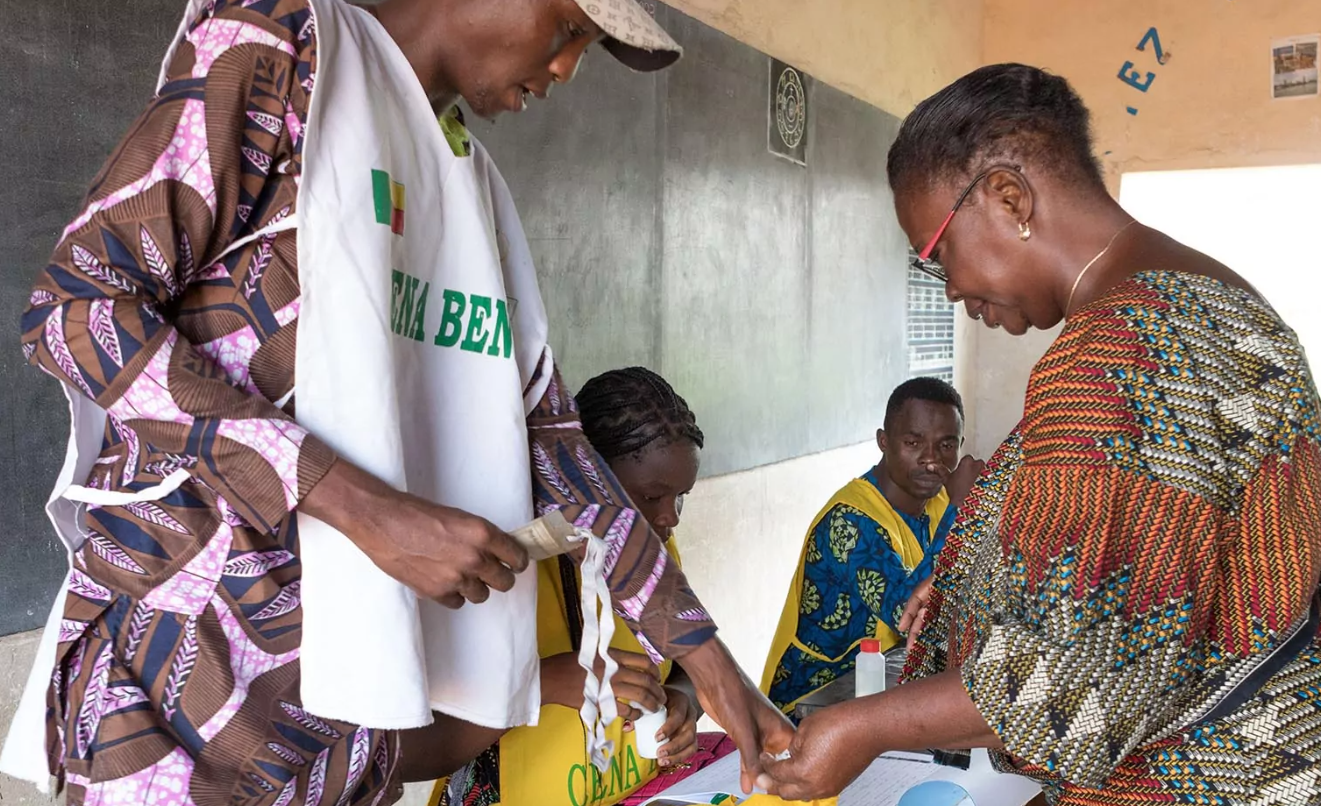
Benin
In Benin, Fondation Hirondelle works closely with its partners FeRCAB (Fédération des Radios Communautaires et Assimilées du Bénin) and Ekôlab (a laboratory for quality journalism in West Africa) to provide a wide range of media education courses. Several training courses and coaching sessions are given to FeRCAB radio stations on journalistic techniques. More specific training is also given, as required, to the women in FeRCAB’s women’s network and to CSOs, particularly in the use of digital technology, advocacy, communication techniques, local development and gender.
